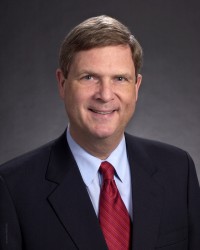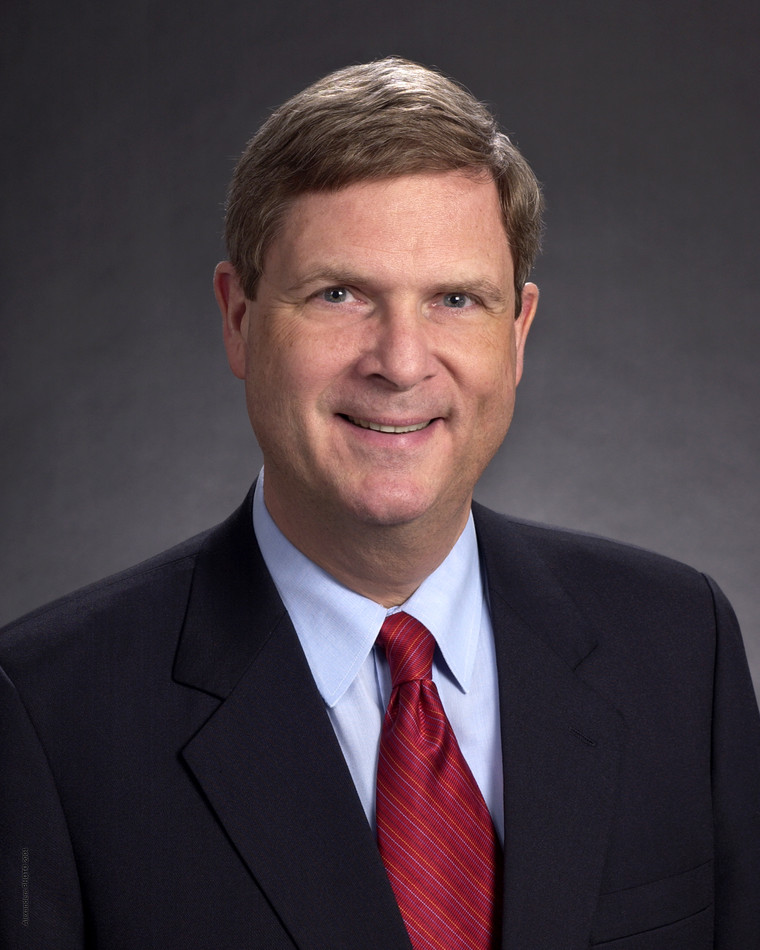 USDA chief Tom Vilsack has been in Italy at the G8 meeting, talking ag policy with reporters. As the global hunger crisis lingers and climate-change and population fears fester, Vilsack is using the opportunity to push agri-biotech as the solution to the globe’s food needs. Here is the Financial Times:
USDA chief Tom Vilsack has been in Italy at the G8 meeting, talking ag policy with reporters. As the global hunger crisis lingers and climate-change and population fears fester, Vilsack is using the opportunity to push agri-biotech as the solution to the globe’s food needs. Here is the Financial Times:
Mr Vilsack said the challenge to boost output to feed the world’s population – expected to reach 9bn by 2050 from today’s 6.5bn – was compounded by climate change. For that reason, he called on the G8 to back the use of science in agriculture, including genetically modified organisms, to boost productivity.
A few days earlier, Vilsack weighed in on a key debate in global food policy: the need for organized government grain reserves. In 2008, grain and rice prices spiked, driven up largely by biofuel mandates in the US and Europe. The spikes rippled through the global south, propelling tens of millions of people into hunger and worsening condition for hundreds of millions of the already-hungry.
One lesson to be learned is this: the global food system is extremely vulnerable to price shocks. When grain supplies fall short for any reason, tens of millions go hungry. One response might be to build some robustness, some resiliency, into the system. For most of agricultural history, societies have kept grain stores, to be released during shortages to soften shocks. Starting about 20 years ago, the U.S. government and institutions like the IMF and World Bank decided that government grain reserves interfered with the magic of the market and began selling them off and discouraging developing nations from keeping them. It’s a little bit like dismantling levees, on the theory that they interfere with the magic of water flow.
Last year, the spike in grain prices exposed the folly of this policy. Yet Vilsack clings to it. Here is Reuters:
United States Agriculture Secretary Tom Vilsack cautioned on Saturday against the idea of creating global grain reserves, saying it might not be the ideal tool to ensure food price stability.
Instead, the secretary insisted, technology holds the key:
Vilsack said the U.S. experience with such schemes had shown it was better to focus on technical advances in irrigation, seed varieties, machinery and farming methods.
Is that really the lesson we want our ag secretary to be drawing from the last 50 years of U.S. food history?


